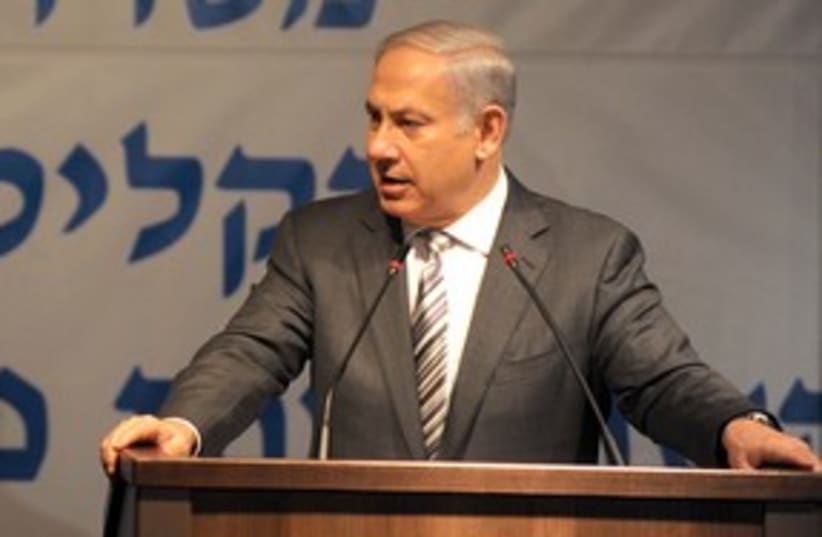The writer is a senior research associate at the Institute for Strategic Studies at Tel Aviv University. His most recent book, The Anatomy of Israel’s Survival, was published by Public Affairs, New York, in the fall.
Postscript: A threat and a promise
A sense of maturity and self-confidence may be emerging in Prime Minister Binyamin Netanyahu.

The writer is a senior research associate at the Institute for Strategic Studies at Tel Aviv University. His most recent book, The Anatomy of Israel’s Survival, was published by Public Affairs, New York, in the fall.